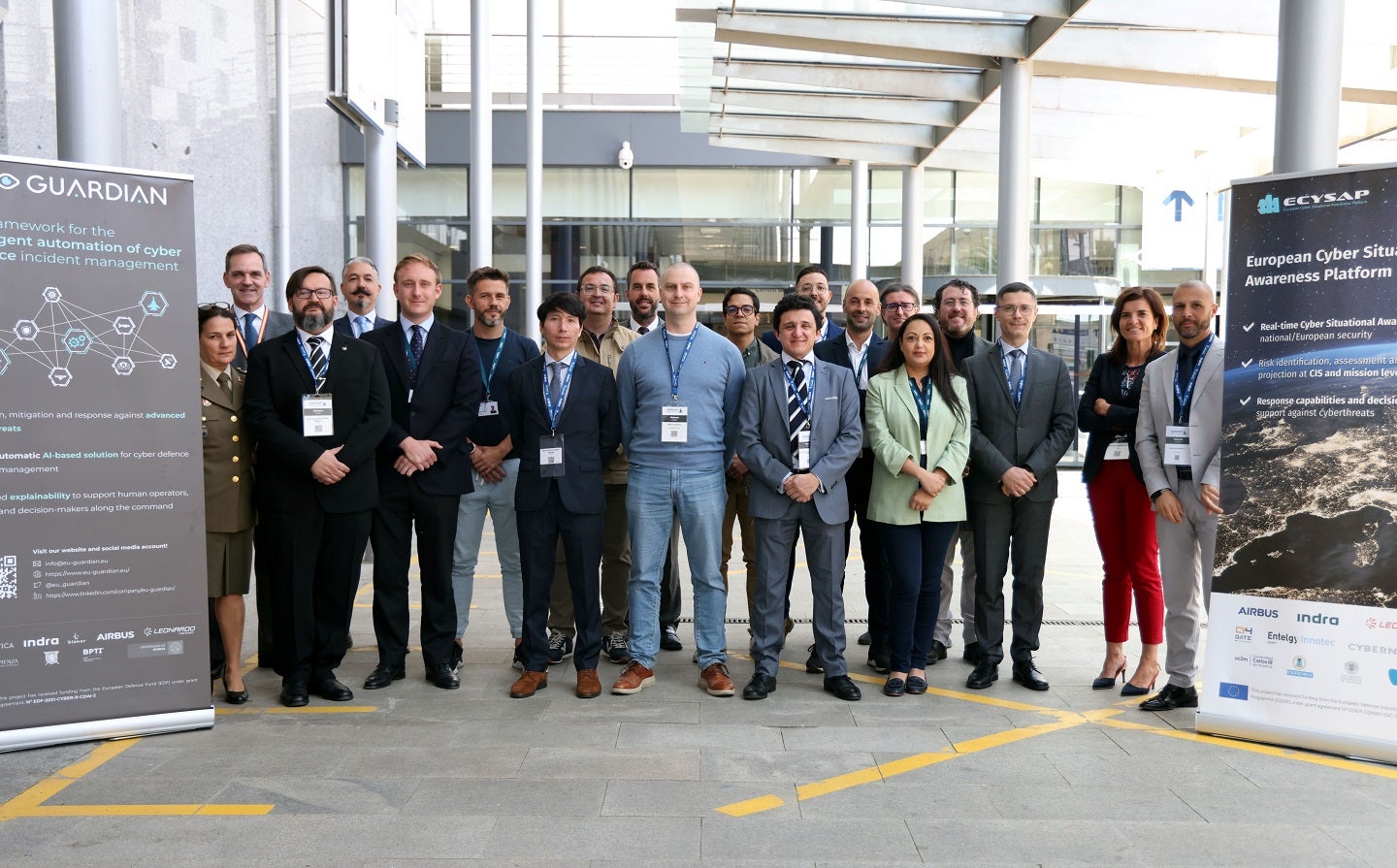
Indra unveiled the progress of the most significant cyber defence project in Europe during the International Defence and Security Fair (FEINDEF), held in Madrid between 17 to 19 of May.
The Madrid-based company leads the European Cyber Situational Awareness Platform (ECSAP). The company showcased its progress at a FEINDEF workshop. Experts and representatives from entities such as Nato and the European Defence Agency attended.
Indra sought to identify opportunities for future co-operation in the nascent domain of cybersecurity. The company aims to position itself as a global leader in the domain.
ECSAP involves the design of a federated mission networking (FMN) service that can identify and assess risks of cyberattacks. It would also estimate the spread of attacks and the potential impact on the mission. The aim of this is to set up a real-time military cyber situational awareness platform.
The event was attended by Nato’s Allied Command Transformation and the co-ordinators of European innovation projects such as the CIDCC (Cyber and Information Domain Co-ordination Centre), Pandora, Cyber4de, ESC2 and EU-Guardian. The latter two projects – related to command and control and the application of artificial intelligence – are also led by Indra.
Experts shared their work to detect potential areas of collaboration.
What does ECSAP do?
ECSAP addresses the development of a national and European platform for the real-time acquisition of cyber situational awareness for military operations.
The project implements visualisation and detection capabilities to respond to cyber threats and provide support for decision-making during missions. Indra expects to have an initial version of the ECSAP operational by the end of the year.
This involves the design of an FMN service to allow interoperability between different military entities. The project provides a common framework for communication and data management.
Cybersecurity drivers
GlobalData published a report on Cybersecurity (2023), where it outlines intelligence into the market industry.
The company tells us that state-sponsored cyberattacks are likely to increase in 2023. The Russian invasion of Ukraine, a continuing trade war between the US and China are all catalysts for state-sponsored attacks.
Cyberattacks also permeate the fine line between the ostensibly distant political issues on the world stage to touch the lives of ordinary people. GlobalData informs us that attacks on critical national infrastructure and supply chains have increase this year.
These attacks effectively cause large-scale disruption and long-lasting financial impact. In fact, the problem led to the establishment of an EU-Nato task force to protect critical national infrastructure, which has convened in the past two months.




